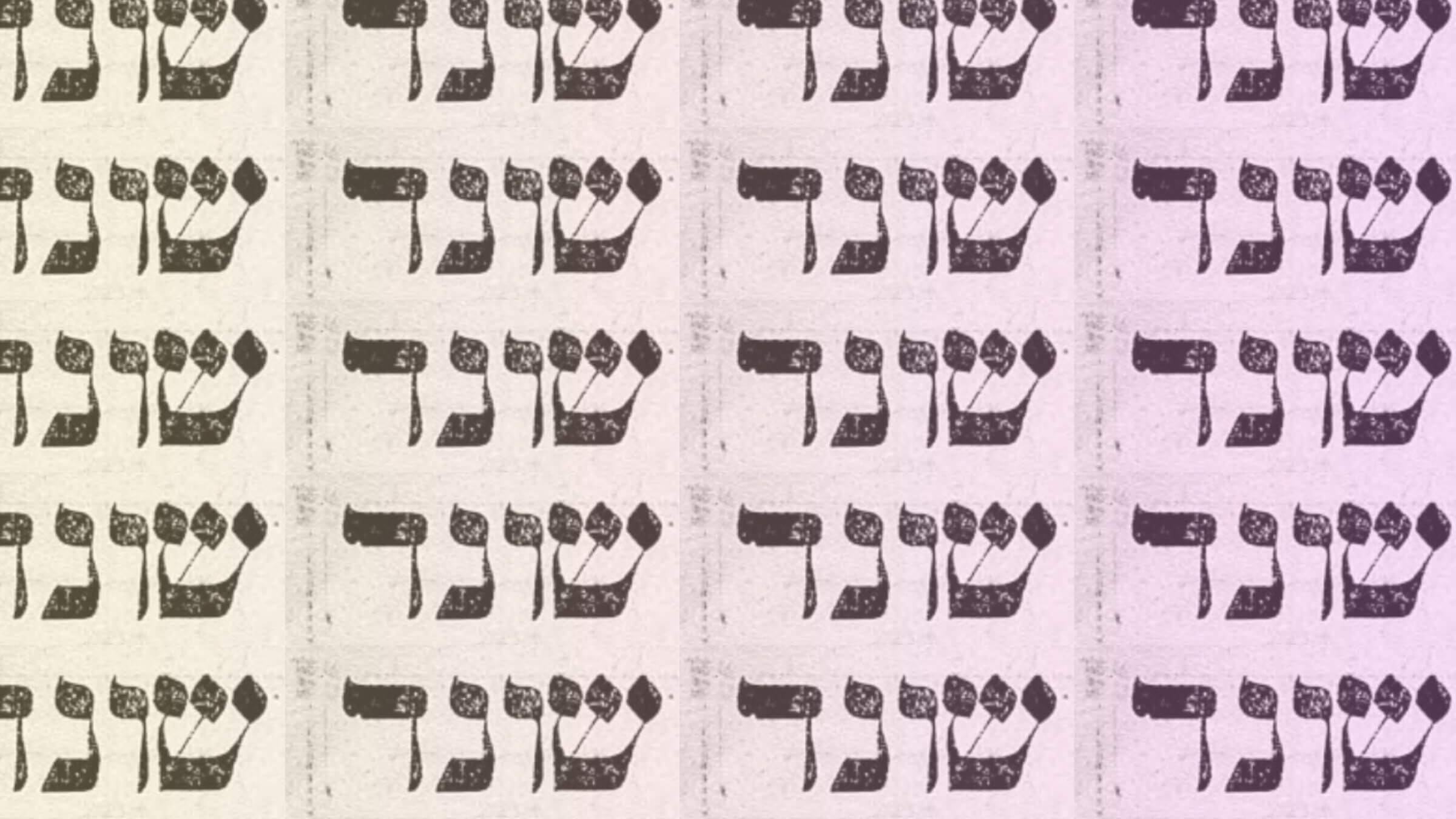Thousands of Yiddish pulp fiction stories finally seeing the light of day
The ‘Shund’ database’s beta version catalogs almost 40 years of Forverts pulp fiction

Graphic by Zach Golden
Beginning in the 1890s, newspapers, including the Forverts, tried to appeal to a broader audience by publishing popular fiction derisively called “shund” or “trash.”
Yiddish authors like Sholem Aleichem and Y.L. Peretz strove to create a national literature. Shund stories, on the other hand, were written to make a profit, veering into the sensational and melodramatic — tales of romance, adventure, anything that would sell.
Academics have given relatively little attention to these works due to their lack of literary merit. But Harvard Yiddish professor Saul Noam Zaritt seeks to change that. “Trash is important to me,” he told me. “I’m interested in what Yiddish culture was, is, and continues to be.”
Zaritt wanted to write about the topic in a book, but he quickly realized that he had no idea how many novels and short stories there even were. Periodicals like Forverts, Haynt and Tog that regularly published shund have not been thoroughly combed through for their fiction, making research on the topic all but impossible.
In 2020, he started consulting with Matt Cook, a digital library manager for Harvard, about making a searchable database for popular Yiddish fiction. They created the Shund database, which compiles links of digitally scanned articles from the National Library of Israel’s Jewish Historical Press project, and attaches metadata to classify and describe each and every one of them. It allows researchers to find any story by author and classification in Yiddish and English without the time-consuming need to read through every digital scan of the newspapers that might hold what they are looking for.
It was released on Aug. 9 in its beta version with Forverts articles from periods between 1902 to 1935. There are currently 9,809 works, most of which are short stories; about 100 of them are novels. One notable indexed piece is the serialized original of Sholem Asch’s frequently censored play Got fun nekome (“God of Vengeance”).
Zaritt hopes that with advancements in Yiddish-language Optical Character Recognition with which a computer can read and index words on a scanned page, future researchers will also be able to group together large swathes of specific words in shund literature and analyze them, further opening up this new field of Yiddish studies.
A message from our CEO & publisher Rachel Fishman Feddersen
I hope you appreciated this article. Before you go, I’d like to ask you to please support the Forward’s award-winning, nonprofit journalism during this critical time.
We’ve set a goal to raise $260,000 by December 31. That’s an ambitious goal, but one that will give us the resources we need to invest in the high quality news, opinion, analysis and cultural coverage that isn’t available anywhere else.
If you feel inspired to make an impact, now is the time to give something back. Join us as a member at your most generous level.
— Rachel Fishman Feddersen, Publisher and CEO